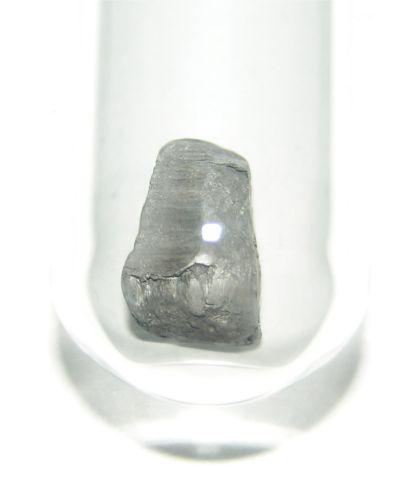There’s a right way and a wrong way to poison your husband, at least if your primary goal is to get away with it. The right way involves stealth and subterfuge—praising him to his face while dosing him on the sly, so that nobody would ever suspect you had a hand in his demise. The wrong way involves loudly proclaiming that you’re going to poison him, such that when your husband dies from symptoms consistent with poisoning, you are the one and only suspect.
New Jersey woman Tianle Li chose the wrong way, which is why she will spend at least the next 62 years in prison after being convicted of killing her husband by feeding him thallium, a toxic heavy metal known as the “poisoner’s poison” for its tasteless, odorless qualities. According to courtroom testimony, Li, a chemist at Bristol-Myers Squibb, had openly threatened to poison her husband if he ever tried to divorce her. Sure enough, on Jan. 14, 2011—the day his divorce from Li was to become final—Xiaoye Wang checked into the hospital, complaining of stomach pains and insisting he had indeed been poisoned by his wife. It took 11 days before doctors confirmed that Wang had been given an “off the charts” dose of thallium, and by then it was too late. Her husband died, and Li was arrested that February.
The reason Li was caught is that there was a mismatch here between poison and poisoning style. The whole point of using a slow-acting poison like thallium is that it’s hard to detect. Thallium is apparently uncommon enough that doctors didn’t even bother testing for it until days after Wang entered the hospital. It’s a time-delay kill strategy. If the poison is administered deftly and the poisoner keeps a low profile, he or she can evade detection, perhaps indefinitely. You dose your victim and you skip town—that’s how it works. Didn’t Li ever see The Minus Man?
But there’s no point in using an undetectable poison if you’ve already left a trail so broad that it could be seen from the air. Thanks to their contentious domestic history, her job as a chemist, and her apparent fondness for telling her husband she was going to poison him, Li was always going to be the prime suspect in her husband’s poisoning death, and she must have known that. So what’s the point of using thallium? She might as well have just dumped a bunch of oven cleaner into Wang’s orange juice. (To be clear, I do not condone poisoning. Poisoning is very, very bad.)
The same guidelines would apply to any criminal activity that requires stealth. Cat burglars shouldn’t use dynamite. Industrial spies don’t wear shirts emblazoned with the name of the company for which they’re spying. And successful poisoners don’t telegraph their intentions beforehand.
